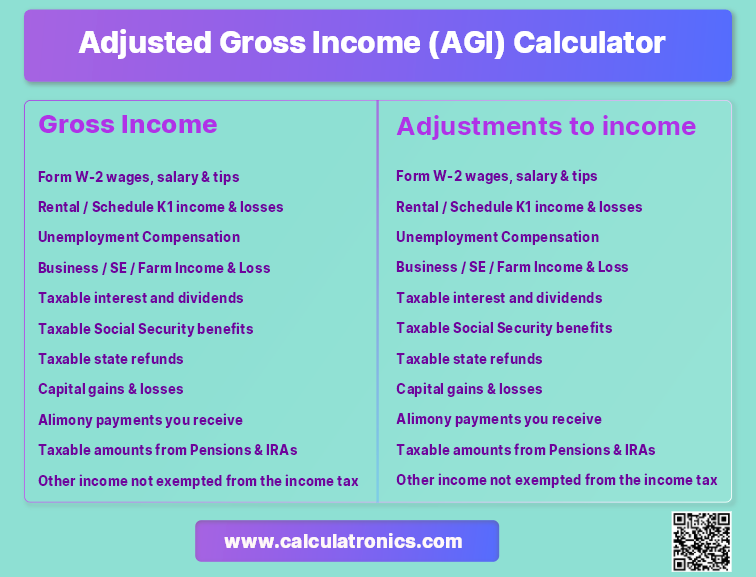Who Must File a Tax Return for Arkansas
Filing tax returns is an essential responsibility for residents in Arkansas. Understanding the income thresholds and filing requirements can be confusing, but this blog post aims to provide a clear explanation of who must file a tax return in Arkansas.
Full-Year Residents: Use Form AR1000F
If you are a full-year resident of Arkansas, you must use Form AR1000F to file your tax return. The filing requirements depend on your marital status, filing status, and gross income.
Who is Considered a Full-Year Resident in Arkansas?
To better understand who qualifies as a full-year resident, let’s delve into the criteria used to determine this status. Essentially, you are considered a full-year resident if you lived in Arkansas for the entire calendar year of 2022. This means that from January to December, your primary residence was located within the state of Arkansas.
Additionally, even if you did not physically reside in Arkansas for the entire year, you can still be considered a full-year resident if you maintained a domicile or Home of Record in the state during the tax year. A domicile refers to your permanent, primary residence, while a Home of Record is the address you provided to the military when you enlisted or were commissioned.
Examples of Full-Year Residency in Arkansas
To further illustrate the concept of a full-year resident in Arkansas, let’s explore a few more examples:
Example 1: Sarah lived in Arkansas from January to December 2022. She did not move to another state or country during the year. In this case, Sarah is considered a full-year resident because she physically resided in Arkansas for the entire calendar year.
Example 2: John, a military service member, enlisted in the military and provided an Arkansas address as his Home of Record. Although he was stationed in another state for most of 2022, his permanent residence remained in Arkansas. John is considered a full-year resident because he maintained a Home of Record in Arkansas during the tax year.
Example 3: Emily moved to Arkansas in January 2022 and purchased a home. She lived in the state until August 2022, when she temporarily relocated to another state for a six-month work assignment. However, she kept her Arkansas home as her primary residence and planned to return after the assignment. Emily is considered a full-year resident because she maintained a domicile in Arkansas during the tax year, even though she did not physically reside in the state for the entire year.
These examples demonstrate various situations in which individuals can be considered full-year residents in Arkansas, either by living in the state for the entire calendar year or maintaining a permanent residence in the state during the tax year.
Key Takeaways:
I assumed that you already know about the filing status for Arkansas Income Tax. If not then make sure to go through a detailed guide on filing status for Arkansas Income Tax.
Single (Including divorced and legally separated)
- Filing Status: Single
- Gross Income Threshold: $13,447
Head of Household with 1 or no dependents
- Filing Status: Head of Household
- Gross Income Threshold: $19,118
Head of Household with 2 or more dependents
- Filing Status: Head of Household
- Gross Income Threshold: $22,790
Married with 1 or no dependents
- Filing Status: Married Filing Joint
- Gross Income Threshold: $22,676
Married with 2 or more dependents
- Filing Status: Married Filing Joint
- Gross Income Threshold: $27,292
Married Filing Separately
- Filing Status: Married Filing Separately
- Gross Income Threshold: $8,870
Surviving Spouse in 2020 or 2021, and not remarried in 2022
- Filing Status: Surviving Spouse with 1 or no dependents
- Gross Income Threshold: $19,118
- Filing Status: Surviving Spouse with 2 or more dependents
- Gross Income Threshold: $22,790
Note:
To clarify this point, let’s break down the concept of gross income and its exceptions. Gross income refers to the total income you earn before any deductions are applied. However, there are certain types of income that are exempt from taxes and do not count toward your gross income. These exemptions can be found on pages 9 and 10 under the title “Exempt From Income Tax.”
Now, let’s consider some examples to better understand these exemptions. Imagine you are a retiree who receives $8,000 in retirement income. Although most of this income would be exempt from taxes, the first $6,000 is still included in your gross income calculation. Similarly, if you are an active-duty military service member or a military retiree, your income from these sources is also exempt from taxes but still counts towards your gross income.
In essence, while certain types of income are not subject to taxes, they still play a role in determining your overall gross income. By keeping this in mind, you can ensure that you accurately calculate your gross income and file your tax return accordingly.
Have a look at Your Ultimate Checklist for eFiling Arkansas State Income Tax.
Filing Requirements and Refunds
If your gross income was less than the amount shown in the last column for your filing status, you are not required to file a tax return. However, you must file a return to claim any refund due.
Conclusion
In conclusion, it is essential to understand the filing requirements for Arkansas residents to ensure you are in compliance with state tax laws. If you meet the income thresholds for your filing status, you must file a tax return using Form AR1000F. Even if you are not required to file a return, it is still necessary to do so if you wish to claim any refund due.
For more information on calculating your Arkansas taxes, you can use this Arkansas Paycheck Calculator.



